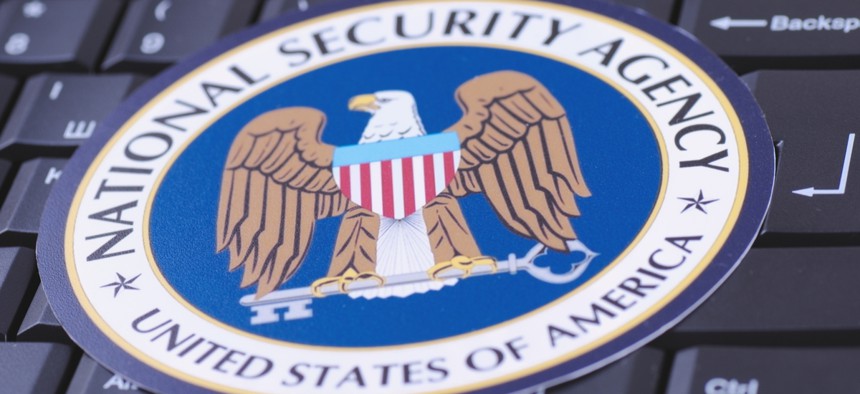NSA Launches Diversity Initiative to Grow Bench of Job-Ready Cybersecurity Talent

g0d4ather/Shutterstock
Historically Black Colleges and Universities are in the political spotlight as policy makers describe deep benefits to expanding and diversifying the cybersecurity workforce.
The National Security Agency said it is redefining the academic path to jobs in cybersecurity with a new program offering minority students interested in the field access to paid internships and training facilities.
The Cybersecurity Education Diversity Initiative—CEDI—makes officials and resources such as virtual cyber ranges available to minority-serving institutions through NSA’s National Centers of Academic Excellence in Cybersecurity, according to a press release on Thursday. The Office of Industrial Policy’s Small Business Program and the Mentor Protégé Program at the Defense Department would participate, and students can receive stipends for working with companies in their geographic areas, the release said.
“This partnership is a revolutionary approach to developing the cybersecurity workforce of the future,” said Diane M. Janosek, the commandant of NSA’s National Cryptologic School, which houses the NCAE-C program. “CEDI is the future model for developing well-qualified and trained cybersecurity professionals across all industrial sectors, in all 50 states. Thank you DoD’s Office of Small Business Programs for creatively addressing the critical need for cybersecurity professionals in the Defense Industrial Base.”
Tapping Historically Black Colleges and Universities and other minority-serving institutions to fill what is now hundreds of thousands of related vacancies makes sense to politicians and cybersecurity officials, alike.
During a town hall event Thursday, Democratic presidential nominee Joe Biden said the availability of cybersecurity jobs provides an opportunity for young Black voters to start generating wealth. He touted his efforts while serving as vice president during the Obama administration, which included the announcement of a $25 million grant for cybersecurity education at HBCUs.
That will enable those schools “to produce young Black women and men who are going to go into a field of the future that's burgeoning; cybersecurity,” he said. “And that's what's going to help a great deal.”
Biden said he plans to put another $70 billion toward HBCUs, if elected. Simultaneously, in a separate town hall, President Donald Trump also emphasized his commitment to HBCUs.
But there are also cybersecurity benefits to be had from making the industry more diverse, according to Cybersecurity and Infrastructure Security Agency Director Christopher Krebs.
There’s an “advantage of U.S.-centric cybersecurity defense against what is generally adversaries that are fairly homogeneous,” he said this summer. “We have a distinct advantage in diversifying our workforce and having a more inclusive environment. That’s going to give us perspectives our adversaries don’t have. I think innately the American experience can set us up for greater success in the cybersecurity game.”
Eight minority-serving institutions have already received grants to build their capacity, according to a factsheet on the initiative. The document lists participating NCAE-C institutions, including those from regions around the country, and provides contact information for learning about the application process.
NEXT STORY: Automated ATOs and cybersecurity






